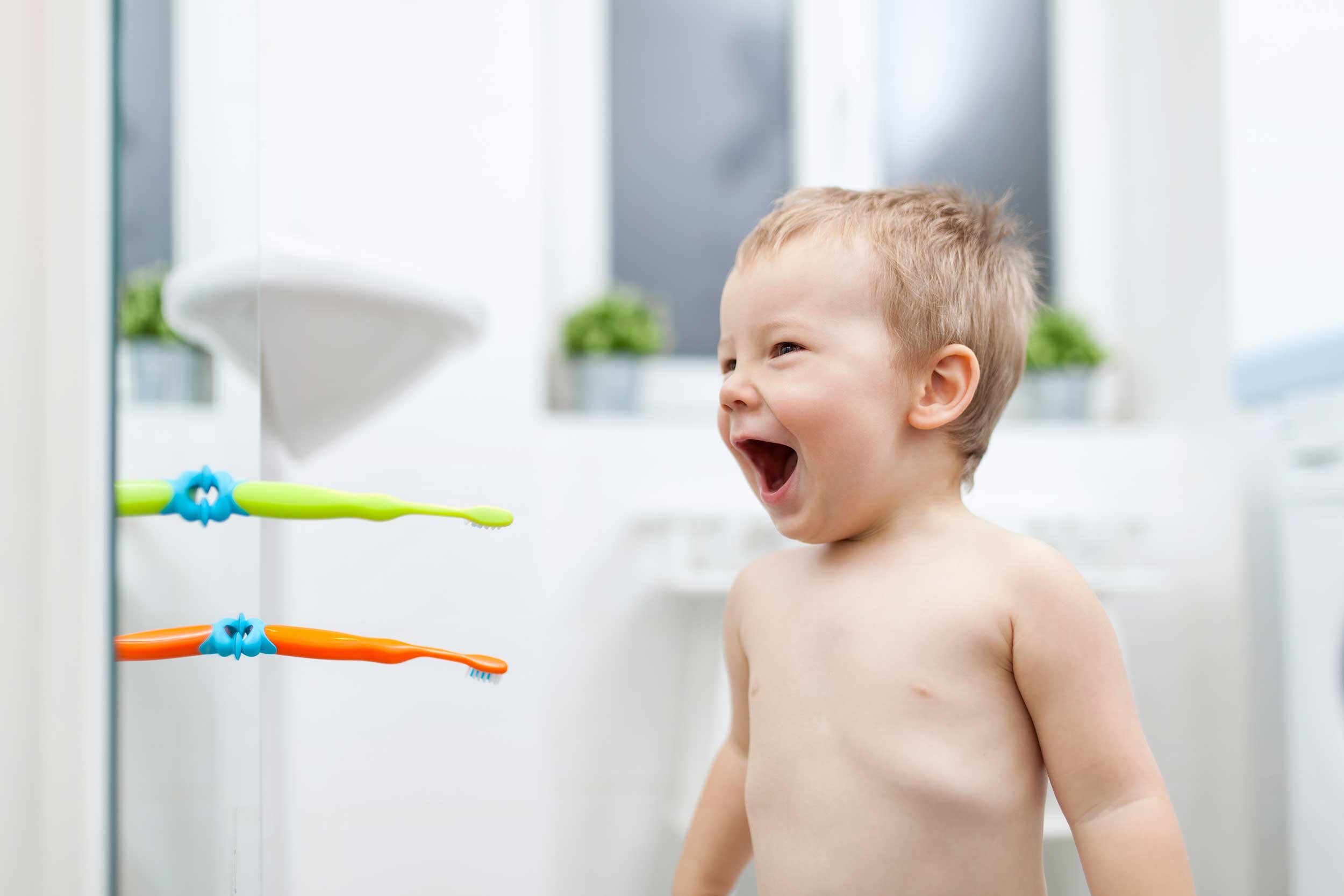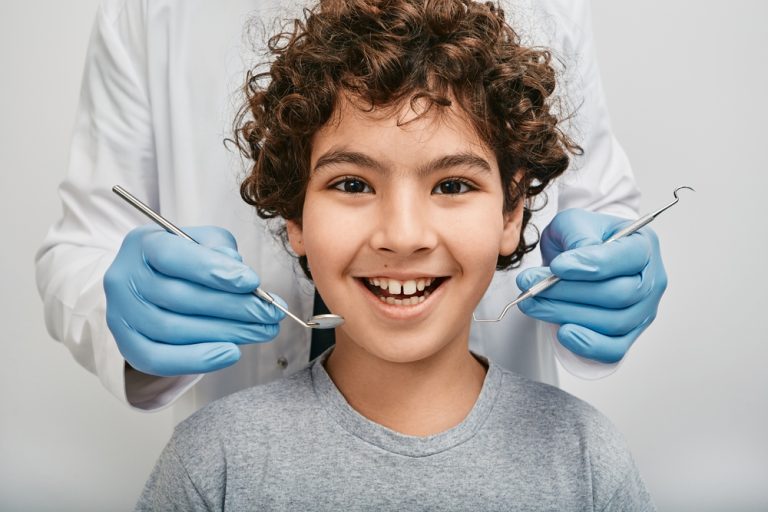Every parent in Panama City Beach knows that every child reaches developmental milestones such as crawling, walking, and talking at a different age, and losing baby teeth is no exception. Although losing baby teeth is usual for a fairly long time, it can be worrying if the procedure seems to be taking longer than expected or if teeth do not fall out when you expect them to. To avoid potential issues with your child’s infant teeth, you can take a few steps. If your child’s tooth does not fall out, do not worry and contact a pediatric Dentistry Panama City Beach.
What should you do if your child’s tooth does not fall out?
Although it is not uncommon for it to occur at any point between the years of five and seven, most youngsters lose their baby teeth around the age of six. A child has probably lost all four of its front teeth by the time they are eight years old, both the top and bottom.
It is usual for children to experience no tooth loss between the ages of 8 and 10. The remaining baby teeth are likely to fall out around the age of ten, and by the time they are thirteen, the average child will have lost all of their baby teeth. Although it may occur as early as age 11, girls often lose their baby teeth before boys do.
Reasons why baby’s tooth may not fall out
Baby teeth might not come out on their own for three major reasons, in which case a dentist may need to step in.
-
The baby’s teeth do not grow immediately beneath the teeth.
This condition, which is sometimes referred to as “shark teeth” due to the way shark teeth grow, can be a significant contributor to children losing their baby teeth. A baby tooth falling out is most often due to the permanent teeth beneath it pushing against the roots, which breaks the root. The baby tooth roots could not be triggered to dissolve if the permanent tooth develops in front of or behind the baby tooth.
-
Too many baby teeth
Adult teeth may not be able to properly push through the gums, causing the baby teeth’s roots to break down and the tooth to fall out if the baby teeth are overcrowded in the mouth.
-
The permanent tooth is still immature.
While it is a less common cause, certain kids may experience delayed tooth eruption due to inadequate development of the permanent tooth.
What steps can you take?
There are a few steps to address any possible issues if you believe your child’s baby teeth are not falling out as they should.
-
Verify whether or not the baby’s teeth
 are loose.
are loose.
A loose baby tooth is an indication that it is nearly prepared to fall out on its own. Your child should be directed to jiggle it as much as possible. You can ask your dentist to examine it if, after a few weeks, it does not seem to be getting any closer to falling out. It may be time to arrange a check-up with your dentist if your baby’s teeth are entirely in place and appear to have survived their average falling-out period.
-
Examine the inside of their mouth.
Keep an eye out for signs that teeth might be trying to erupt behind or in front of baby teeth. They may not be able to get baby teeth out through their gums because their permanent teeth are not positioned correctly. Make an appointment with your dentist if this is the case so they can look at your child’s mouth and decide whether specific treatments are necessary.
Visit your dentist
Even if you might be worried about your child’s oral health if their baby teeth fall out on schedule, you should not keep an eye on it. Your dentist will advise you on if X-rays are necessary or whether some teeth might have to be extracted. As baby teeth develop, regular dental exams can help you remain on top of any possible problems.


Comments are closed.